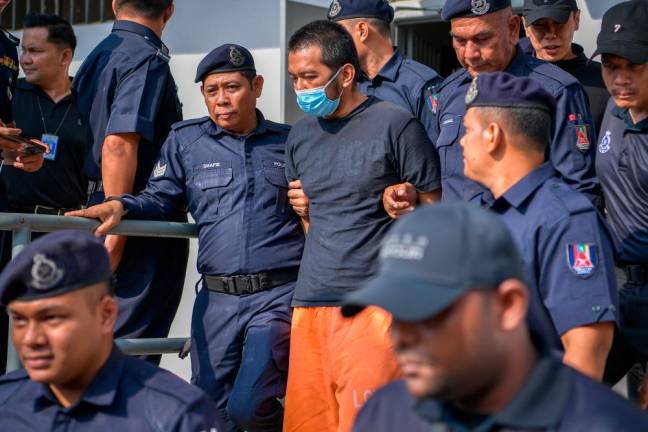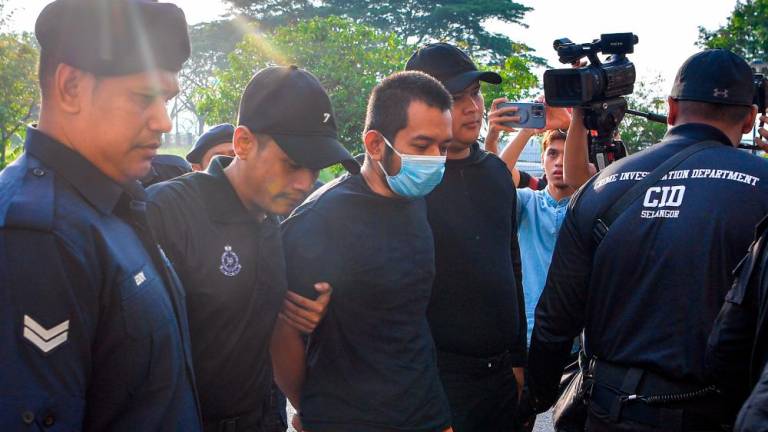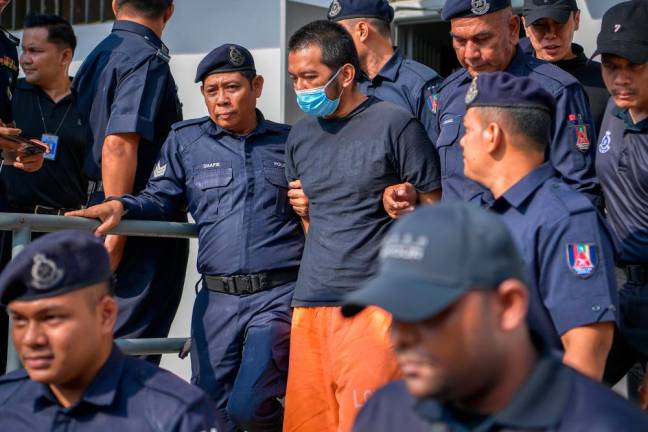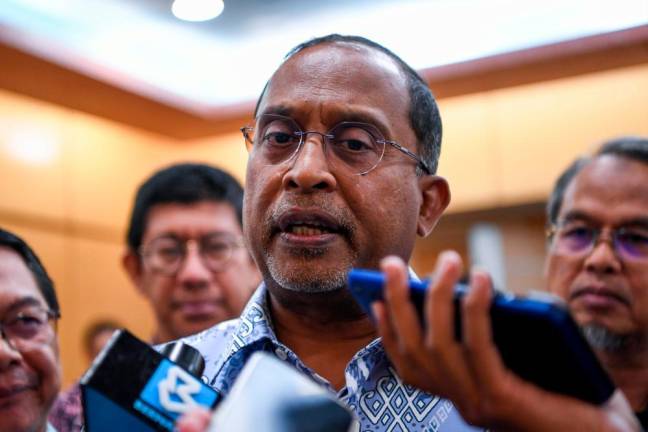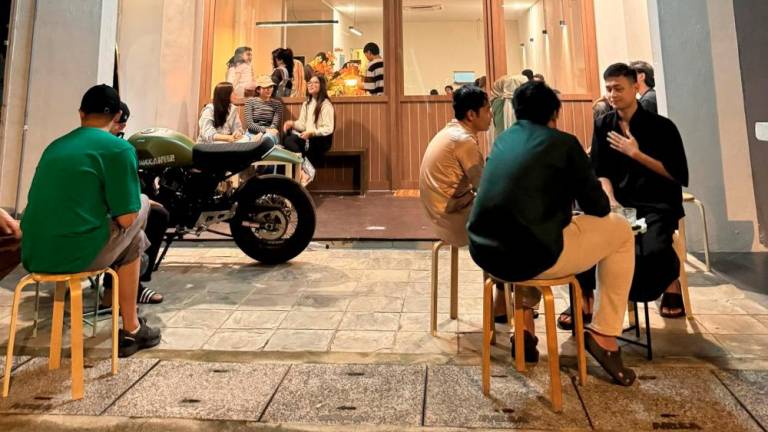DEMOCRACY is a form of governance of, for and by the people with broad principles to ensure a just and ethical society. But its realisation of the democratic ideals depends on the mechanism and management of the institution of governance. However, human weaknesses such as greed, lust and avarice impede the functioning of a truly democratic governance.
There is a wide range of democratic expression in governance due to differences in cultural, ethnic and religious factors. Malaysia is one such example.
Although Malaysia’s democratic governance is based on the Westminster model, it is tempered by its feudal past, the nature of its plural society and the need to safeguard the interests of the indigenous people.
Thus, its brand of governance departs from the ideals of the utopian democracy. It is called Constitutional Monarchy where the Federal Constitution reigns supreme and dictates the behaviour of governance, institutions and the royals. There were times when the constitution was challenged by sectarian sentiments, but it has withstood these provocations without being maligned.
Currently, democracy in Malaysia is being challenged specifically by self-serving politicians who ignored the peoples’ electoral mandate and betrayed their trust.
They have not only reneged on their promise and trust but worse, a cohort of politicians have facilitated the return of leaders, whom the people rejected in the 14th general election.
The political imbroglio testifies to human weaknesses of greed for power and position as well as the selfish intent of the politicians who to serve their nefarious agenda made a mockery of the democratic governance of the people, by the people and for the people.
The people are supreme and the representatives they elect should carry out their trust. The reality is that the politicians never intended to serve the people but their own.
Once they are elected, the bond of trust and commitment between the electorate and the elected representatives are severed, leaving the people in the lurch as they establish the government of the politicians, by the politicians and for the politicians.
This is evident in Malaysia where the politicians are bickering and fighting among themselves to seize power by shifting sides with nary a thought for the mandate of the people. It is betrayal of the peoples’ trust.
In our country democracy is not so much based on principles as on expediency and to some politicians the end justifies the means. As such, democratic principles are compromised to accommodate ambitious designs of the politicians.
One such infringement is the breach of the separation of powers of the executive, legislative and the judiciary. When this happens, it will negatively affect the operation of a fair, just and ethical governance.
Perhaps, there is a need to relook our democratic system of governance to ensure the peoples’ mandate remains intact through the designated period. Thus, an anti-hopping law would provide stability of governance and respect for the peoples’ trust. This system should prevail in normal times.
But in an emergency, like an internal or external threat to the security and wellbeing of the nation and the people, the system should be recessed and replaced with something like the National Operations Council as it was done in 1969 after May 13.
But once the threats have passed and the situation has stabilised, the power of governance must be returned to Parliament and the people.
At the same time we also need to review the set-up of political parties, which currently is race-based and allows for chauvinistic and religious sentiments to prevail, allowing unscrupulous politicians to create schisms and dissensions within our plural society to serve their partisan agenda.
As a result, there is a calcification of ethnic and provincial chauvinism in our political system, which do not augur well for the future of our nation.
There is, therefore, a need to create an environment that fosters the attitude and thinking of being Malaysians first by sublimating our ethnic and religious differences and developing common denominators through the educative and social interactive process. More important the formal and informal educative process must inculcate the value of sharing and respect for each other towards the betterment of the community.
To this end, we cannot depend on the politicians to foster this goodwill and sharing among the populace for they will always look for opportunities to cause sectarian schism to garner support to advance their agenda.
The people must take charge of their fate by getting the politicians to be answerable to their constituencies and to prioritise their welfare rather than promote activities to advance the partisan agenda.
And this current political squabble has done irreparable damage to the political and economic ethos of the nation.
In the end it is the people and the nation that suffer while the politicians are materialistically cushioned from the negative impact of their escapades.
It is time that we bring back true democracy of government of the people, for the people and by the people and establish a mechanism to ensure that the peoples’ rights and trust are respected and safeguarded.
Mohamed Ghouse Nasuruddin is with the Centre for Policy Research and International Studies, Universiti Sains Malaysia. Comments: letters@thesundaily.com



